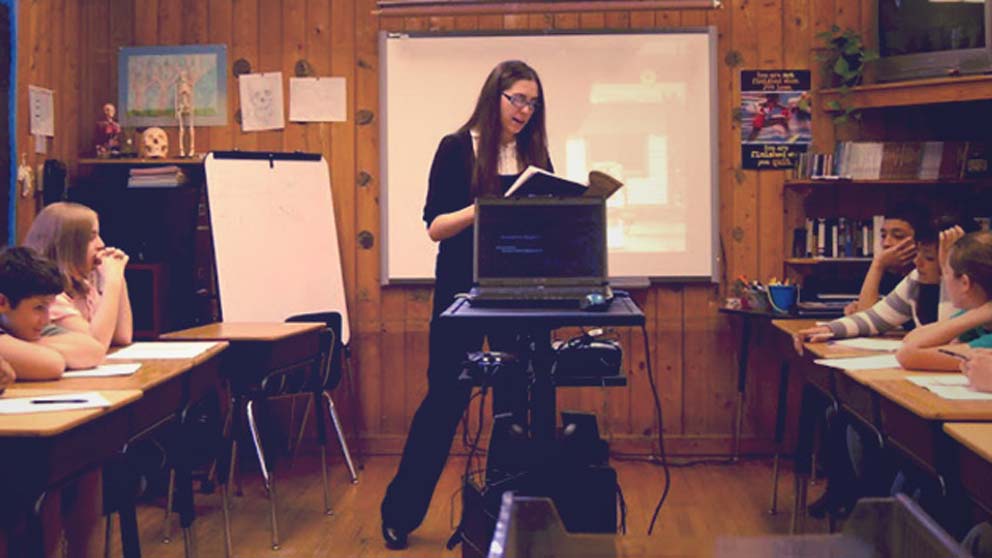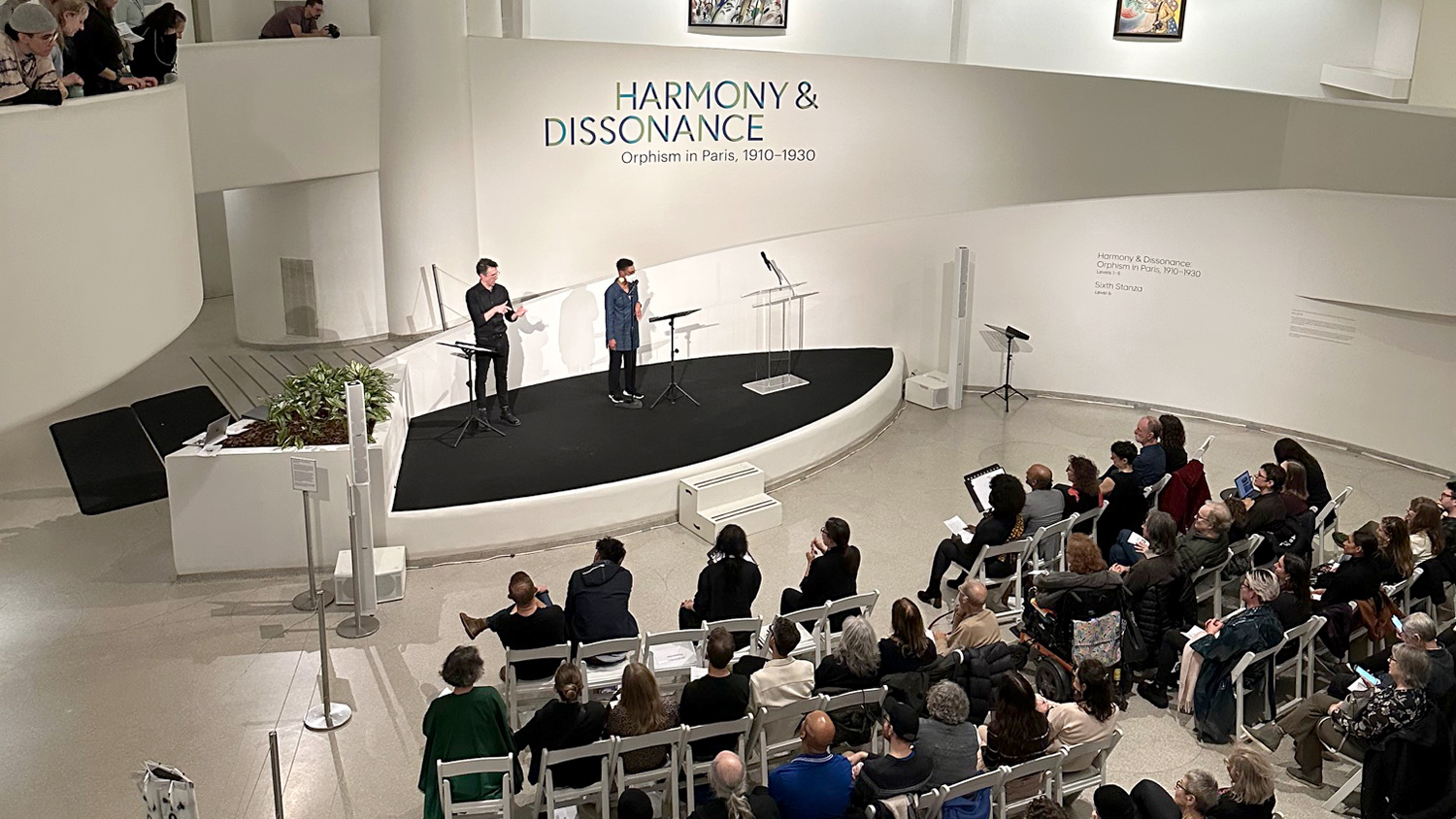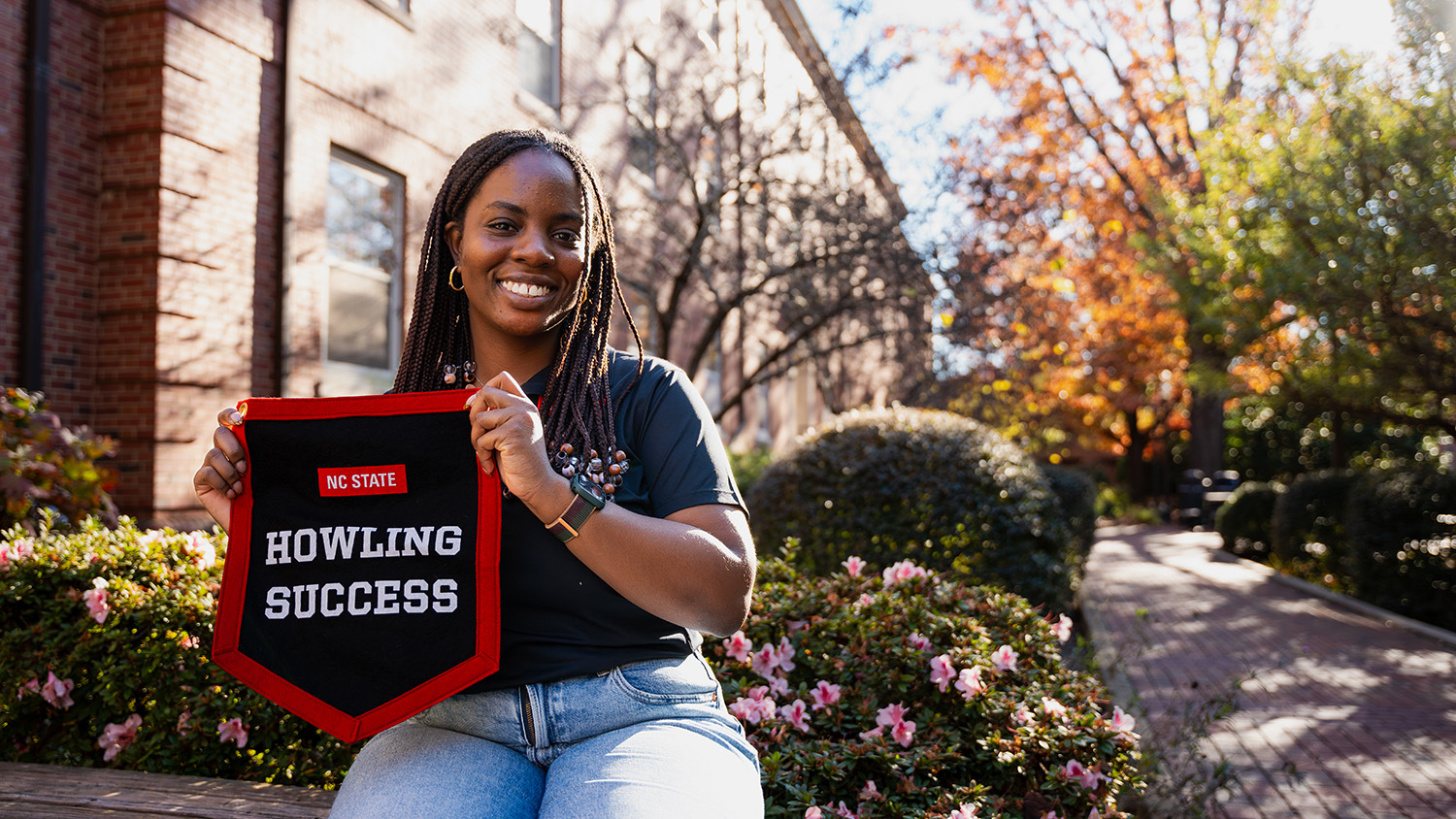Keeping a Dialect Alive on Ocracoke

Graduate students in the linguistics program spent their spring break on the coast, but it was no beach trip. Walt Wolfram, William C. Friday Distinguished University Professor of English, took aclass to Ocracoke to teach middle-school students on the island about dialects.
Ocracoke, home of the Outer Banks brogue dialect, has long been a research subject for Wolfram and NC State’s North Carolina Language and Life Project. During their week on the island, the students taught Ocracokers about their own historic dialect and others, including Southern American, Appalachian, African-American and Spanish-American.
The trip was an eye-opener for Liang Zhang. It was her first opportunity to teach English to native English speakers. Prior to enrolling in the master’s linguistics program at NC State, she taught English in her native China.
“They are so interactive and so cooperative,” she said of the Ocracoke students. “They’re so clever.”
“They were very enthusiastic, and they were really, really sharp,” added John Forrest.
The graduate students also met some of the native Ocracokers who’ve appeared in films about Wolfram’s work. The students recalled studying some of the people they dined and socialized with during the trip.
“Knowing that I was going to actually see those people in real life was really cool,” said Carolina Myrick.
“Yeah, they’re like stars to us,” Arika Dean added.
The purpose of Wolfram’s annual expedition has shifted in the 20 years since his first. Initially, he and his students did research on the Outer Banks brogue. Today, however, the trip aims to teach young Ocracokers about a tongue rarely spoken by anyone but the elderly. Coming back to teach each year brings linguistic insights gleaned from Ocracoke back home, Wolfram said.
“When you do research with a group, you’re also obligated to work with that community and get that information back to them in a usable format,” Wolfram said. “It gave a face to what we do,” Dean said. “Community interaction and community involvement are big tenets of this program.”
- Categories:


